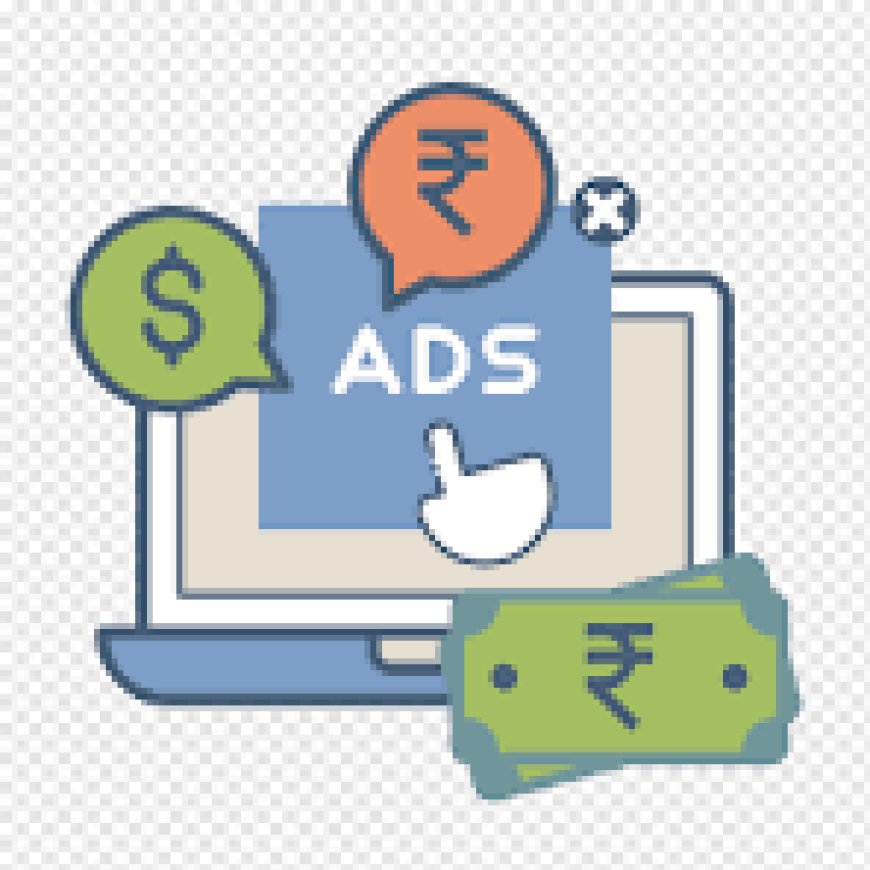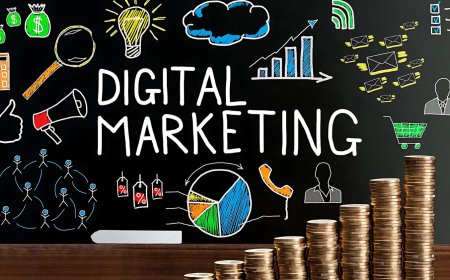Driving Traffic to Your E-commerce Site: Power of PPC Services

Understanding PPC Advertising
PPC advertising is a digital marketing strategy where advertisers pay a fee each time their ad is clicked. This model allows businesses to bid for ad placements on search engines and social media platforms, ensuring their products and services reach the right audience. Unlike traditional advertising methods, PPC offers measurable results, making it an ideal choice for e-commerce businesses looking to maximize their marketing budget.
How PPC Works
PPC campaigns typically operate through platforms like Google Ads and Facebook Ads. Advertisers create targeted ads based on specific keywords and audience demographics. When users search for those keywords or engage with content related to the product, the ads appear, driving traffic to the advertiser's site.
The success of a PPC campaign hinges on several key factors:
-
Keyword Selection: Choosing the right keywords is crucial. These keywords should be relevant to your products and have a balance of search volume and competition.
-
Ad Copy: Compelling ad copy can significantly impact click-through rates. It should highlight the unique selling points of your products and include a clear call to action.
-
Landing Pages: The user experience on the landing page is vital. Ensure that the page is relevant to the ad and optimized for conversions.
-
Budget Management: Monitor your spending closely. Set a budget that aligns with your marketing goals while allowing for flexibility to adjust based on performance.
The Benefits of Using PPC Services for E-commerce
1. Immediate Results
Unlike organic SEO efforts, which can take time to yield results, PPC advertising can generate immediate traffic to your site. Once your campaign is live, your ads can start appearing in search results, allowing you to attract potential customers right away.
2. Targeted Traffic
PPC services enable precise targeting options. You can reach specific demographics, interests, and geographic locations, ensuring your ads are seen by users most likely to convert. This targeted approach increases the chances of attracting high-quality traffic to your e-commerce site.
3. Brand Awareness
Even if users don't click on your ads immediately, seeing your brand name can build recognition and trust over time. Increased brand visibility through PPC can lead to higher organic search rankings as more users become familiar with your brand.
4. Budget Control
PPC advertising provides unparalleled budget control. You can set daily or monthly limits, adjust bids, and pause underperforming ads. This flexibility allows you to allocate your budget effectively, ensuring you get the most value for your investment.
5. Performance Tracking
One of the most significant advantages of PPC is the ability to track and measure performance in real time. You can analyze metrics such as click-through rates, conversion rates, and return on investment (ROI) to optimize your campaigns continually.
Optimizing Your PPC Campaigns for E-commerce
To maximize the effectiveness of your PPC campaigns, consider the following optimization strategies:
1. Conduct Keyword Research
Use tools like Google Keyword Planner and SEMrush to identify relevant keywords for your products. Focus on long-tail keywords that are specific and have lower competition, as they often lead to higher conversion rates.
2. Craft Engaging Ad Copy
Your ad copy should be clear, concise, and persuasive. Use action-oriented language and highlight any promotions or unique features of your products. A/B testing different ad variations can help you identify which messages resonate best with your audience.
3. Create Compelling Landing Pages
Ensure that your landing pages are optimized for conversions. Use high-quality images, clear product descriptions, and easy navigation. Including customer reviews and testimonials can also enhance credibility and encourage purchases.
4. Implement Negative Keywords
Negative keywords prevent your ads from showing up for irrelevant searches, saving your budget and improving your ad relevance. Regularly review search terms and add negative keywords to filter out unqualified traffic.
5. Monitor and Adjust Regularly
PPC is not a set-it-and-forget-it strategy. Regularly monitor your campaigns, analyze performance metrics, and make adjustments as needed. This ongoing optimization ensures you stay competitive and maximize your return on investment.
Conclusion
In the competitive realm of e-commerce, driving traffic to your site is crucial for success. PPC services offer an effective way to attract targeted customers, increase brand awareness, and generate immediate results. By understanding how PPC works and implementing strategic optimization techniques, you can unlock the full potential of your advertising efforts and elevate your e-commerce business to new heights. Whether you're a seasoned marketer or just starting, leveraging PPC can make a significant difference in achieving your business goals. Start exploring PPC today and watch your e-commerce traffic soar!
About Us:
SpaceEdge Technology appears to be a term that might refer to a company, concept, or technology related to space exploration or utilization. However, without further context, it's challenging to provide specific information.
What's Your Reaction?














![Noots Focus Reviews [Truth Exposed 2025]!](https://news.bangboxonline.com/uploads/images/202501/image_430x256_678e3b94881a1.jpg)
![Vivalis Male Enhancement: The Must-Know Ingredients [2025 Update]](https://news.bangboxonline.com/uploads/images/202501/image_430x256_678e3b54e396c.jpg)







